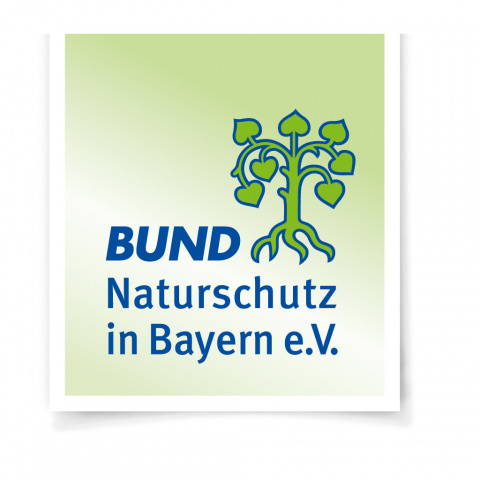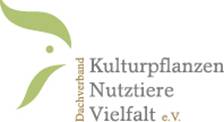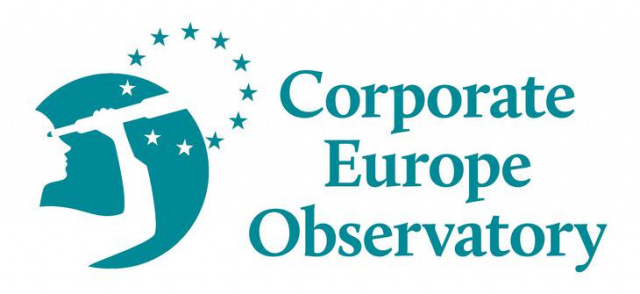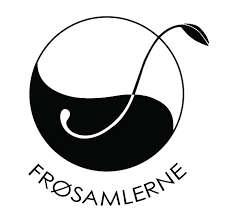6 April 2017
The No Patent on Seeds! initiative has undertaken comprehensive research into patents granted on plants by the European Patent Office (EPO) in 2016. All in all, around 170 patents on plants were granted. Another 60 patents were issued on processes for genetic engineering of plants. The overall number of European patents on plants now stands at about 3000. At the same time, there has been a constant increase in the percentage of patents granted on conventional breeding. Despite the EPO announcing at the end of 2016 that it would stop granting patents on conventional breeding, last year, around 40 patents were granted in this area. In total, the EPO has already granted around 200 patents on conventional plant breeding.
As more detailed research shows, increased pressure from the EU did, indeed, stop the EPO from granting several patents in conventional breeding. The EU Commission, the Member States of the EU and the EU Parliament have jointly have taken a position against those patents. Now, however, it is becoming apparent that the EPO is working behind the scenes to create new loopholes to allow the continued patenting of conventionally bred plants and animals in the future. Many companies and patent lawyers seem to be adapting their patent applications accordingly.
“It is shocking to see just how easy it is for companies and patent lobbyists to escape political decision-making. All they need to do is to slightly change the focus of their patent claims in order to continue claiming seeds, plants and harvest as their invention. This allows companies, such as Bayer and Monsanto, to take increasing control of agriculture and food production,” says Christoph Then for No Patents on Seeds!.
One trick frequently used by companies is to no longer claim the process for breeding, but to simply claim plant characteristics, such as genetic conditions or changes in the phenotype of the plants. The scope of these patents covers all plants with these same characteristics, no matter which process was used in breeding. Further, in many cases, random mutations are claimed as inventions. This is in direct contradiction to the statement made by the EU that only methods for genetic engineering can be regarded as an invention. In 2016, up to 65 percent of patents granted on conventionally bred plants were based on random mutations.
Patents on beer held by Carlsberg and Heineken are recent examples of how these loopholes are being exploited. Starting with random mutations, all barley plants with a specific quality in brewing, the brewing process and the beer produced thereof are claimed as inventions. Civil society organisations in several European countries have actively started to protest against such practices. Similar patents on random mutations were granted to Bayer (oilseed rape), Monsanto (plants for oil production) and DuPont (maize). In its examination reports, the EPO advises the companies to change their claims accordingly in order to obtain such patents in the future.
Companies such as Bayer, Monsanto, BASF and DuPont, are amongst those holding the greatest number of patents granted on plant breeding. Taking into account some of their affiliates, BASF and Monsanto are leading with around 30 patents (each), followed by Bayer (20), DuPont and Dow AgroSciences (together 14) and finally Syngenta (8). If Monsanto is taken over by Bayer, the newly formed company would hold by far the greatest number of patents. Bayer has already publicly announced that it wants to prevent any political decisions that would lead to prohibitions in patent law becoming effective.
No Patents on Seeds! is demanding that the contracting states of the EPO set a course to effectively stop patents on conventional plant and animal breeding at their next meeting in June. A technical paper with proposed changes in current interpretation in patent law has already been sent to the Patent Law Committee, which will meet at the end of April to discuss possible solutions. At the meeting, industry and the lobby organisations for patent lawyers will be present as observers, therefore No Patents on Seeds! is also requesting access.
Contacts:
Christoph Then, spokesperson No Patents on Seeds!, Tel +49 (0) 151 54638040,
info@no-patents-on-seeds.org
Johanna Eckhardt, project coordination, Tel + 43 680 2126 343,
johanna.eckhardt@no-patents-on-seeds.org
Further informations:
Protest action against patents held by Carlsberg: www.no-patents-on-beer.org/en/
Website with information on the ongoing concentration in plant breeding: http://seedcontrol.eu/en/market.php













